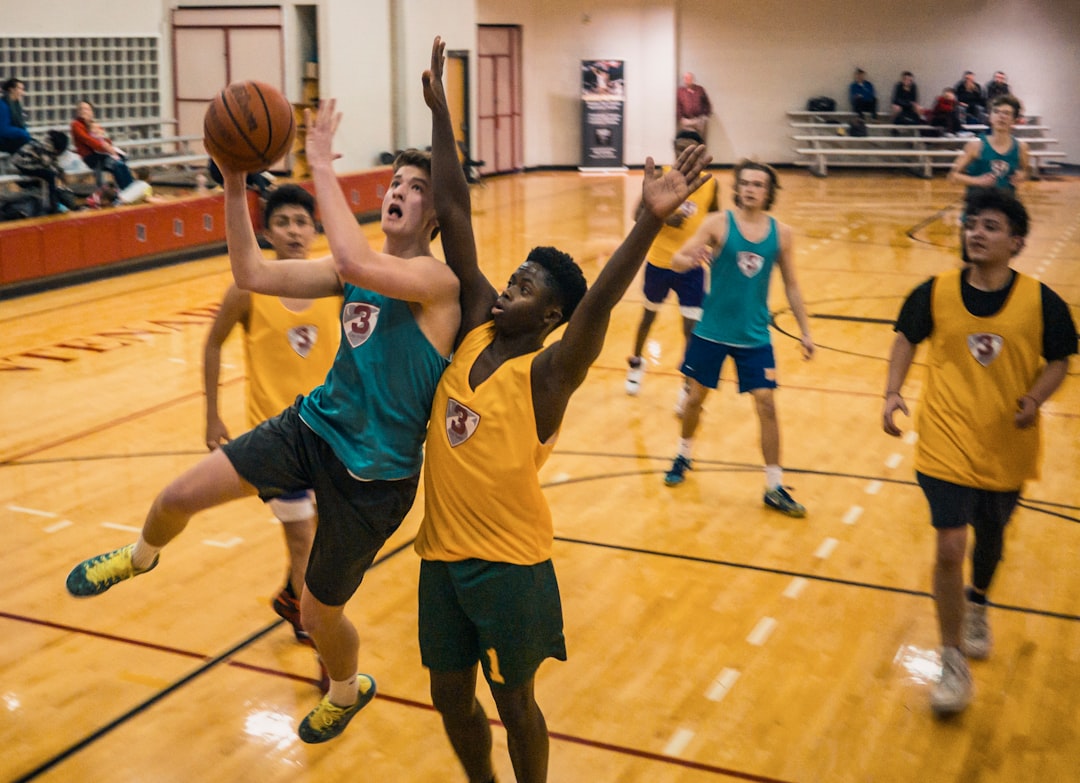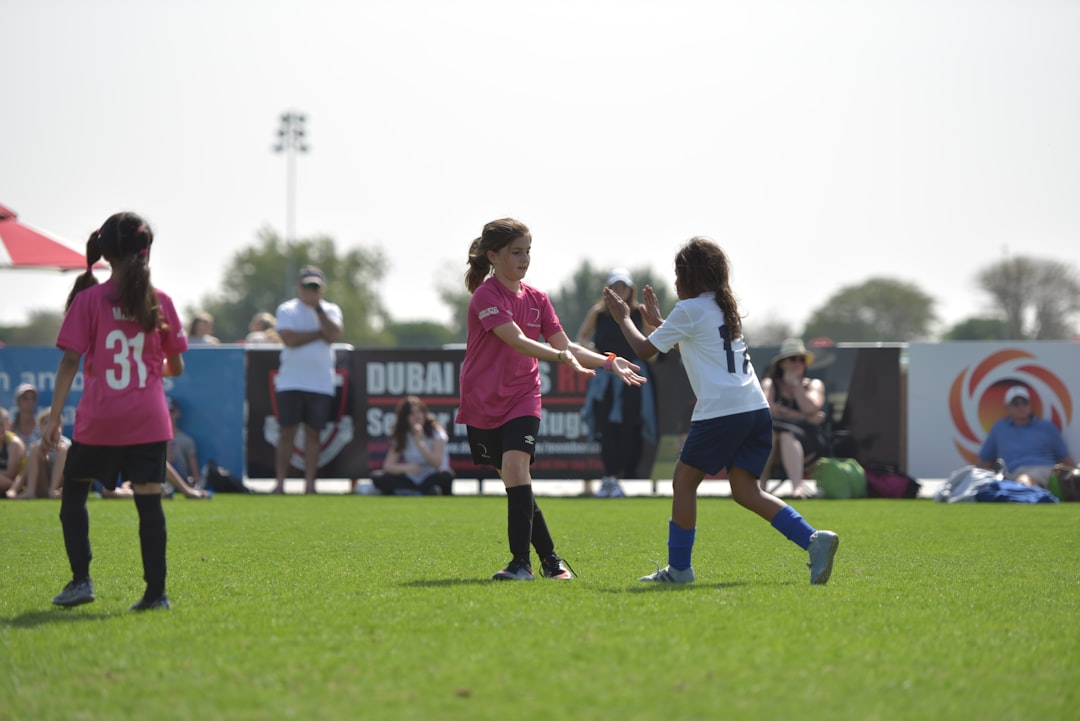The Research to Back It Up: Elite Athletes Play Multiple Sports Growing Up & Progressed Slower In Younger Years.
A pinpoint perspective on the path in achieving elite athlete status reminds us to focus on core values rather than outcome. In short, parents and coaches of youth sport athletes should chill out!
Welcome to edition 169 of The Physical Movement. Thanks for spending time with us, your feedback is appreciated.
This week we examine some research supporting the validity of trying different things with our kids at a young age as opposed to the trend of doubling down on 1 activity. Let’s dig in.
One of the main lessons I learned in business after I left teaching years ago is that everything is driven by numbers. The numbers of your business can and should paint a picture of what is happening. For example, a common problem in the last year of so in many industries is the rising costs of raw materials and transportation of goods. While sales may have grown, so have costs and that is not good for profitability. The picture painted echoes what we know is happening in the world and adjustments are required for the business to be sustainable.
Similarly, the numbers paint a picture from a July 2021 study of 6000 athletes looking at factors of why those who made it to world-class status and those who did not progress beyond being a child star. The study revealed that elite athletes played multiple sports growing up, started their sport of focus later in childhood, accumulated less of main-sport practice, and initially progressed more slowly than those child stars. Conversely, the high performing child athletes started focusing on 1 sport earlier, engaged in more main-sport practice (specialized earlier), and had faster initial progress that other athletes. These findings are in parallel with similar results in other fields and not just sport, including science.

The study results feed the narrative in allowing your child to explore multiple activities, try different things and don’t feel the pressure to double down on specialization.
While the debate rages on between early sport specialization vs multi disciplinary approach, we have some studies that oppose the trend of keeping up with the joneses by specializing prior to 14 years old, travelling 3 hours to play on the regional elite team, and hiring private skill coaches as the keys to becoming “elite”.
Too many families are investing way too much money with all of this only to find at the end of the road that those who follow the path outlined in the study findings are still participating and enjoying sport beyond 16, 18 and 20 years of age.
Author Steve Magness posted a thought-provoking twitter thread this past week on the subject with the simple message to parents : chill out!
Breadth allows for depth. Depth too early gets in the way.
This message is validated also in other disciplines.
In comparing one hit wonders versus musicians that sustained performance, they found:
Musicians who tried to copy popular genres early were one hit wonders. Those who had diverse creative work early in their career, had sustainable success. As the researchers concluded:
“focusing on products that reflect what is popular at the time may be the most likely and efficient path to initial success, but taking this path may undermine the likelihood of sustaining success”

Author Magness suggested a few practical takeaways and insights from all this:
1. Stop over-indexing on early progress.
We assume progress = talent. But for kids, it often is just a quirk of biology. A kid reaches puberty 6 months earlier than their peers, and they are going to look really talented.
That often goes away when others catch up.
2. Progress is non-linear. It often comes in spurts and plateaus.
Don't freak out. Just ride it out.
Plateaus are a great time to ingrain intrinsic motivation and a passion for the sport or game itself.
3. Early success can narrow and cement our sense of self.
Being really good at something at a young age narrows your world. It seems like nothing else matters. That's false. We need mentors and adults in the world to provide perspective.
Often, adults do the opposite. They contribute to the narrowing. Sending an often unintentional message to the kids that the only way to connect and gain status/identity is through sport.
Athletes are particularly susceptible to identity foreclosure. We stop exploring who we are, and ultimately feel 'trapped.'
This often pushes us towards playing out of fear. Those who don't achieve early, often have a slightly easier path in this regard.
They got to explore who they were and what they were interested in. Those who specialized got locked in early.
4. Early success often shifts our motivation.
We start of pursuing something because we enjoy it. As we achieve, gain notoriety, and accolades, our motivation is often dragged towards the extrinsic Part of making it from early success to sustained is in making sure that you are still cultivating that inner fire.
5. Slow progress can be good.
If we learn how to deal with plateaus early, that setbacks are normal, the skills we learn to make it through the plateau serve us well later on. If we have quick progress, we often come to expect that's the norm. When in fact, quick progress is not the norm.
The one message to parents of youth sports athletes it would be: Chill out!



Great article and very important info. As a movement educator turned movement therapist, I notice that early specialization, and in many cases, early athletics can disable the child’s capacity to just play. They get stuck in those early sport practice moves and often refuse to engage in play that doesn’t look like sports. Adding to the picture is the research that 75% of children who start sports as early quit by the age of 12, burned out, and never go back, right at the age when athletics provide the healthy intensity, risk, and peer to peer challenges that adolescents need.